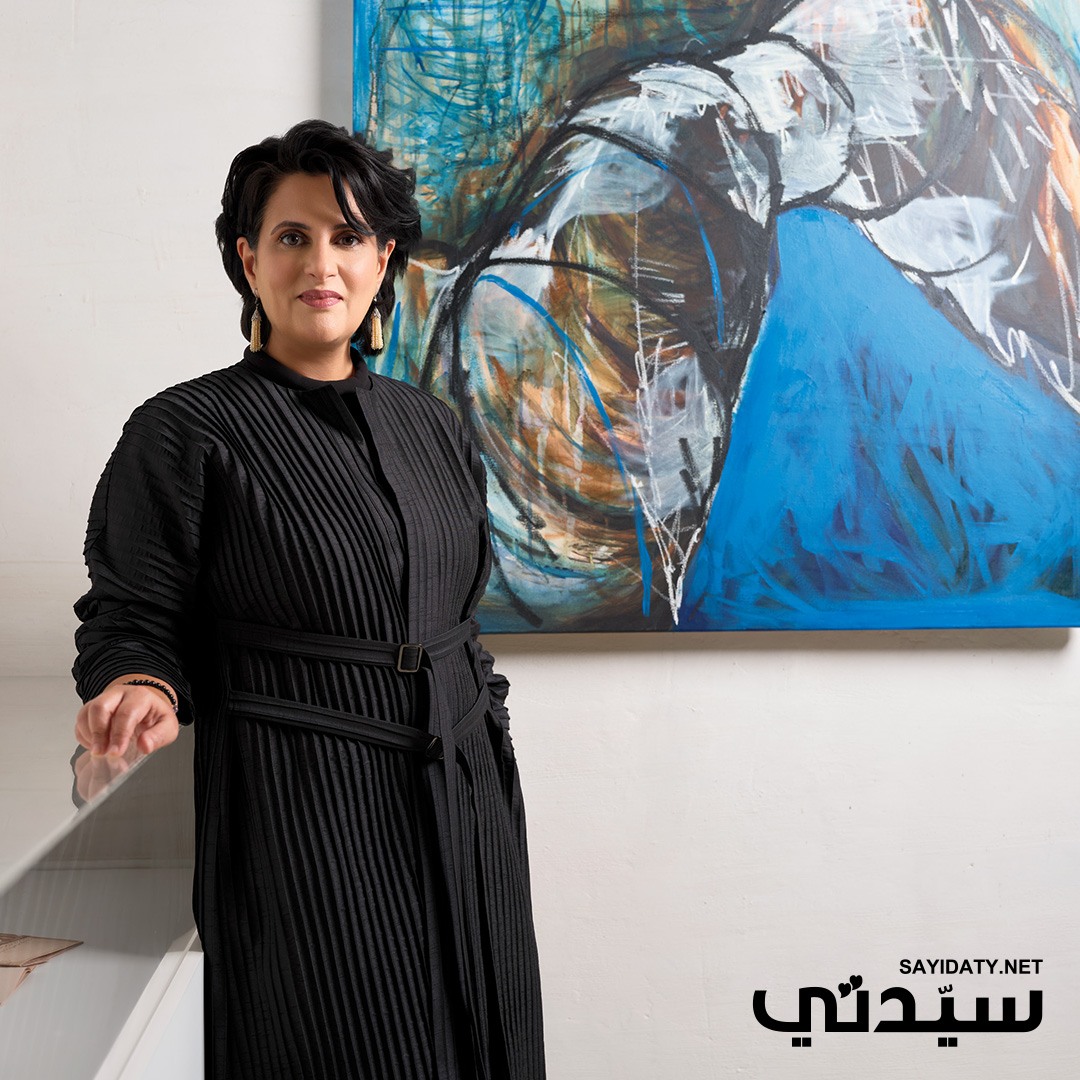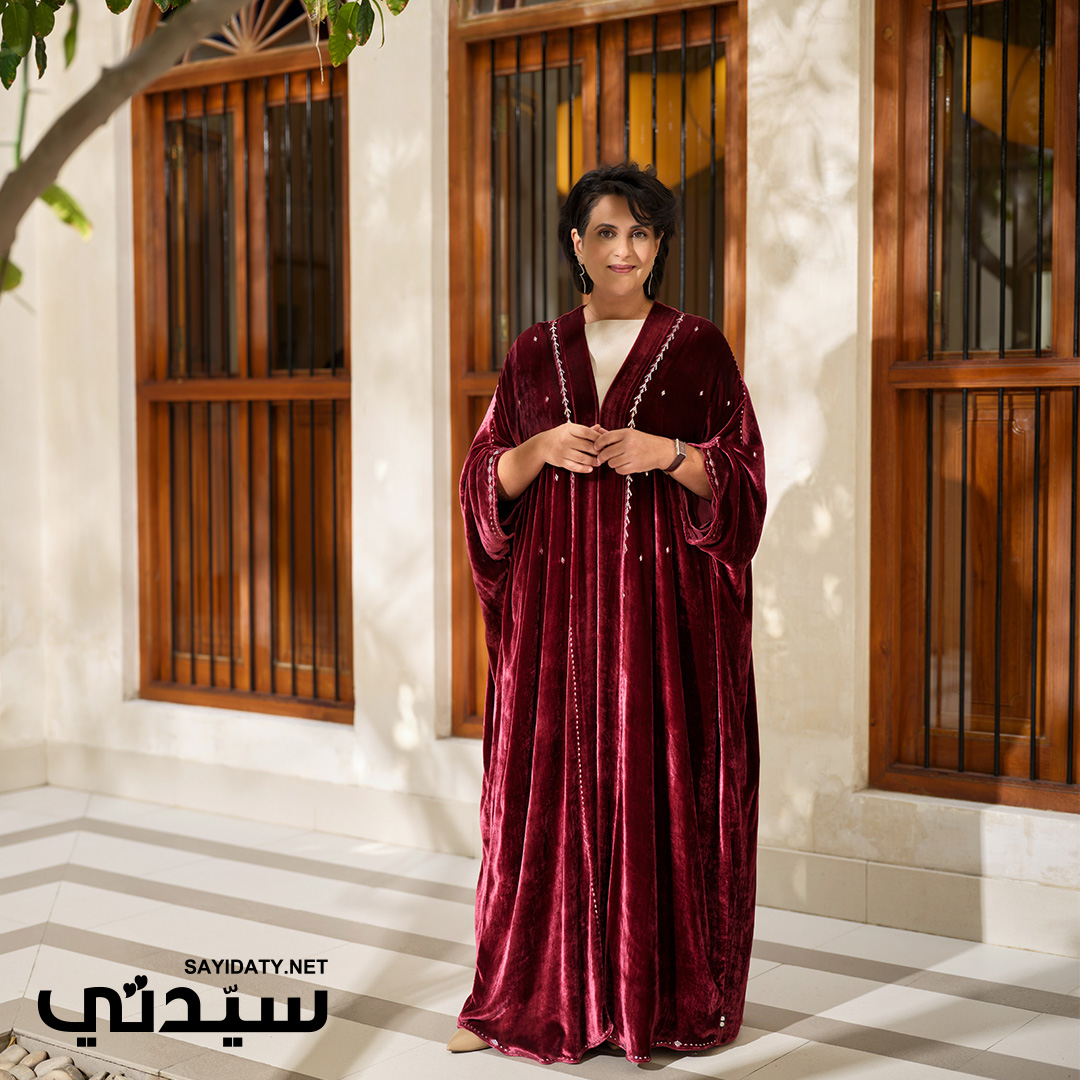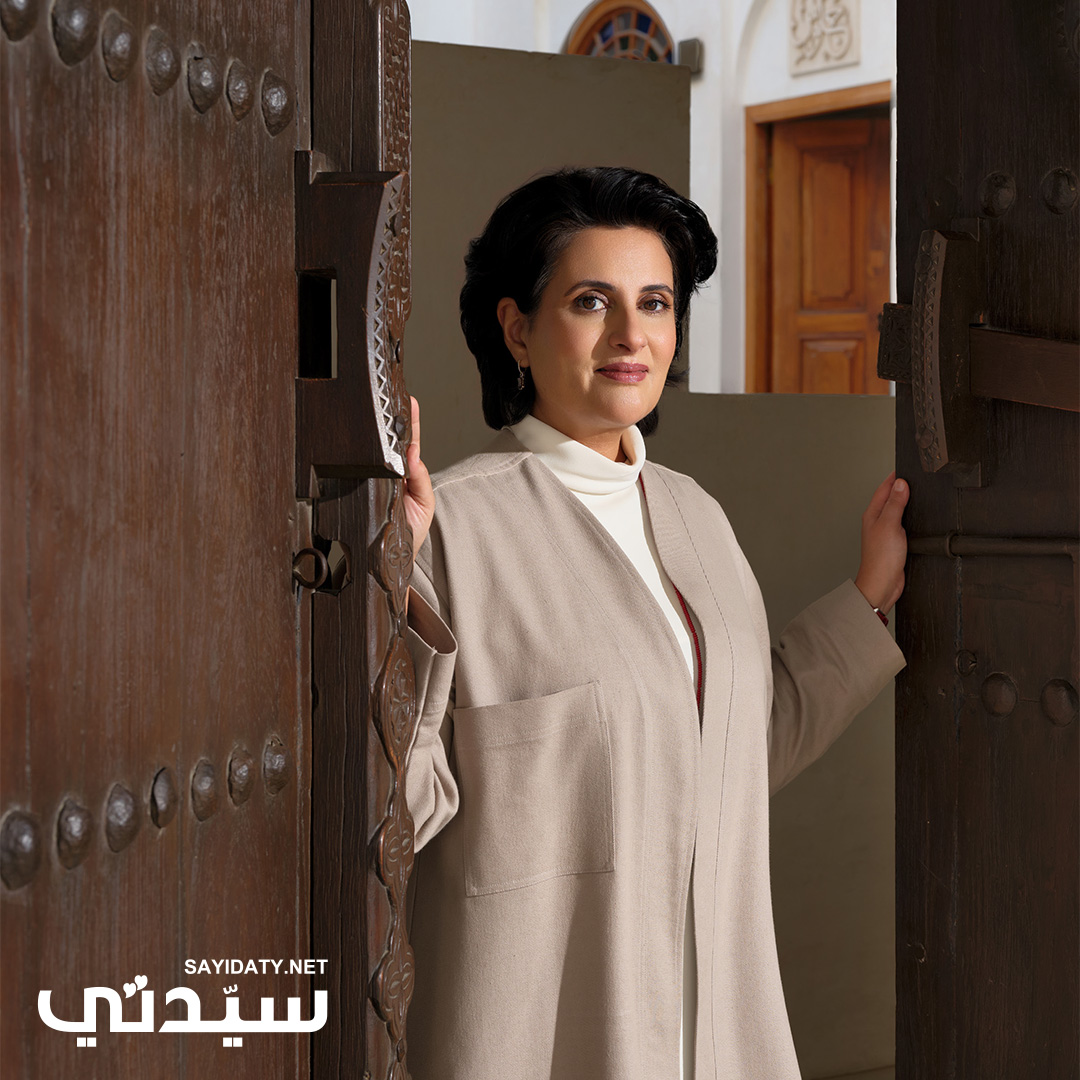DUBAI: “I’m a nervous wreck, but I’m very excited,” admits singer, songwriter, and producer Nadine Lingawi. “I mean, I know that I need to sound like I’m poised and I have everything together, but look, it’s my first. This is my first bulk of work. It’s definitely not something that’s super commercial and one always wonders whether or not it’s going to succeed. But I think in the very bottom of my emotional cortex, I have this very strange sense of calmness and almost a sense of being undoubtful that this will do really well, because I love it.”
Lingawi, better known by her stage name Fulana, is discussing her debut album, the collaborative project “ground:from.” Created with the electronic music duo Input/Output, it is the first of the conceptual album’s two musical chapters, and is described, rather morbidly, as a ‘letter to death’.
For the Vancouver-born, Jeddah-raised songstress, it’s a moment of truth, having spent the past three years pushing outs tracks such as “Minarets,” “Lore,” “Trouble,” and “Reprobate” through the indie label Wall of Sound. Singing primarily in English, she inhabits a world of self-reflection and existentialism, yet has performed at some of Saudi Arabia’s biggest musical events, including the inaugural Riyadh International Jazz Festival earlier this year and MDLBeast XP.
“I don’t think I ever had that idea — or want — to perform on stage; it was treated as more of a hobby growing up,” says Lingawi, whose family hail from Jeddah’s historic Al-Balad. “Music was just something that I did to express certain feelings or emotions. I was never really good with words or confrontation, and around people my age I felt things a little more deeply, and I struggled to express that. So music is more of my safe haven, or my way to understand the world.”
Initially, “ground:from” was little more than a collection of songs written by Lingawi, who asked Abdulmajeed Alwazna (one half of Input/Output) to produce a single track for a partially-written album. Alwazna then reached out to Husam Al-Sayed, the second half of Input/Output and a friend of Lingawi’s, and together the three of them reviewed everything while Lingawi outlined her vision for the album.
“I think of it as quite a magical moment, because it’s one thing when people want to help you create something,” says Lingawi. “It’s another thing when people want to have a sense of ownership, because then they come in with their full hearts.”
The three worked together for two-and-a-half months, with Lingawi moving from Jeddah to Riyadh for the recording sessions. Meeting two or three times a week, sometimes simply to discuss the album’s direction, they dissected every single sound she had brought to the studio, deciding what would stay and what would go.
“We looked at the anatomy of songs, and we decided together: ‘This doesn’t work here, we should shift it.’ Or ‘This sound does not work here, let’s recreate another sound,’” recalls Lingawi. “We wrote together, we produced together, we experimented together, and so we gave birth to this project.”
The result is an atmospheric, contemplative exploration of mortality. In essence, a dialogue with death, the first chapter takes listeners on a journey above ground, incorporating audio elements such as the sounds of crickets, birds, thunder, and other natural sonic occurrences. Together, these sounds contribute to a sense of the “beginning of decomposition,” with Lingawi “speaking to death herself” in her trademark introspective, lyrical style.
“I’ve always enjoyed the dichotomy of life,” she admits. “I’ve always enjoyed creating sounds that sound really cheerful, but what I’m saying is quite dreadful, or vice versa. I think it creates that sense of balance that we try to achieve while we’re alive. I think from a very young age I was very fascinated by the idea of endings and beginnings. It’s always been a part of how I view the world, or the things that I tend to think a little too much about.
“But death, in this album, is not just the idea of decay or our souls leaving us. It also translates into the death of causes, the death of humanity, the death of feelings, the death of chapters. It’s more about endings and romanticizing those endings. In a sense, it is a reflection of me because I tend to romanticize endings a lot more than I enjoy the good parts of things. So, in chapter one, it’s about that longing for tension, that longing for the one thing I can never reach. And in chapter two, we’re kind of taking a step back and realizing the aftermath of that. Of not enjoying a moment for what it is when it is alive.”
Lingawi’s vocals, sometimes mesmerizing in their emotional clarity, fuse beautifully with the deep synths and ambient guitar of Input/Output, whose fondness for rhythmic structure and cinematic soundscapes help to create a sonic environment rooted in the intensity of its subject matter. In the first chapter, that largely relates to the melancholy of love, the fleeting nature of life, and the cycles of loss and rebirth. In the second — due early next year — the trio head below ground, where the conversation with death will be darker and far more honest.
Lingawi’s musical journey began as a child, listening to the radio on car journeys with her mother. Around the age of 17, she began to put her own music online, having experimented with GarageBand and having nurtured a love of slam poetry since the age of 14.
To retain her anonymity, she chose the name Fulana, which means ‘anonymous female’ in Arabic.
“Fulana was just my very cheeky way of saying, ‘I’m going to put my music online, and no one’s going to tell that it’s me.’ And I wanted to stick with it because through the name I was able to, I wouldn’t say dissociate, but to have people focus more on what I’m saying and the stories I’m telling, rather than on me as a person. And that remains a big part of who I am as a musician. I don’t really want people to care about me as a person. I’m not that interested really,” she says. “It’s the music itself, so if we could just focus on that and not me as a person, that would be amazing.”
























